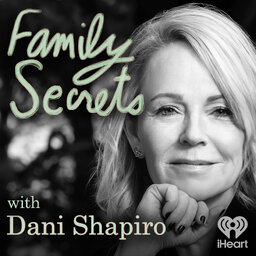Girl Planet
For the first 40 years of her life, Jennifer Finney Boylan figured the price of living her truth would be much too steep; by opening up about who she really was, she assumed she’d lose everything, including the love of her life. But over time, it became clear that hiding who she really was had taken its own toll—on herself, on her family, and on her marriage.
Learn more about your ad-choices at https://www.iheartpodcastnetwork.com
 Family Secrets
Family Secrets


